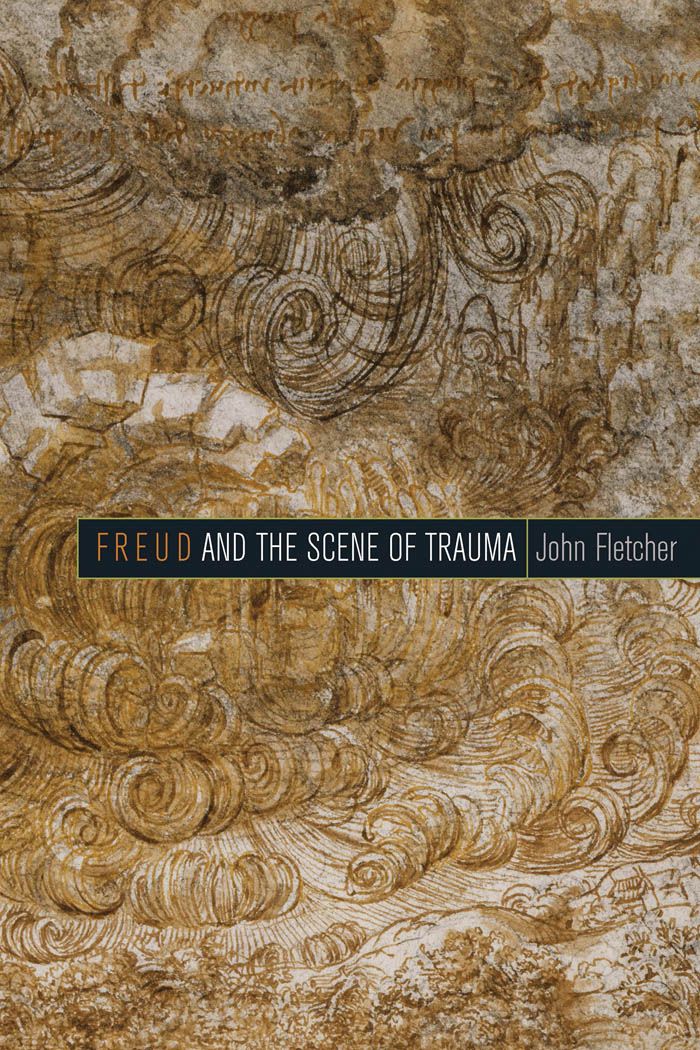Freud and the Scene of Trauma

This book can be opened with

This book argues that Freud’s mapping of trauma as a scene is central to both his clinical interpretation of his patients’ symptoms and his construction of successive theoretical models and concepts to explain the power of such scenes in his patients’ lives. This attention to the scenic form of trauma and its power in determining symptoms leads to Freud’s break from the neurological model of trauma he inherited from Charcot. It also helps to explain the affinity that Freud and many since him have felt between psychoanalysis and literature (and artistic production more generally), and the privileged role of literature at certain turning points in the development of his thought. It is Freud’s scenography of trauma and fantasy that speaks to the student of literature and painting.
Overall, the book develops the thesis of Jean Laplanche that in Freud’s shift from a traumatic to a developmental model, along with the undoubted gains embodied in the theory of infantile sexuality, there were crucial losses: specifically, the recognition of the role of the adult other and the traumatic encounter with adult sexuality that is entailed in the ordinary nurture and formation of the infantile subject.
There can be no doubt that this book will reward scholars across a number of disciplines: literary studies, trauma studies, psychoanalysis and psychology, and philosophy——Choice Magazine
This book is a gem. It is written on a number of levels: Freud’s scholarship, literary scholarship, psychoanalytic scholarship, and psychology. It has depth and subtlety at the same time as providing a good read for a wide range of audiences. I recommend it wholeheartedly to students at all levels of seniority, including the most serious of scholars.
Fletcher offers a distinctly original reformulation of a psychoanalytic account of fantasy and memory, focusing on its belated and non-mimetic dimensions. This account has far-reaching consequences for the status and ethical value of psychoanalysis within contemporary intellectual life. . . . The chapters of this book are distinguished not only by their enormous theoretical power and precision, but by Fletcher's nearly uncanny ability to read both literary and theoretical texts with great powers of illumination and nuance. It is rare to find someone who combines his capacity for sustained and lucid abstract discussion with such a fine capacity for close textual reading.

